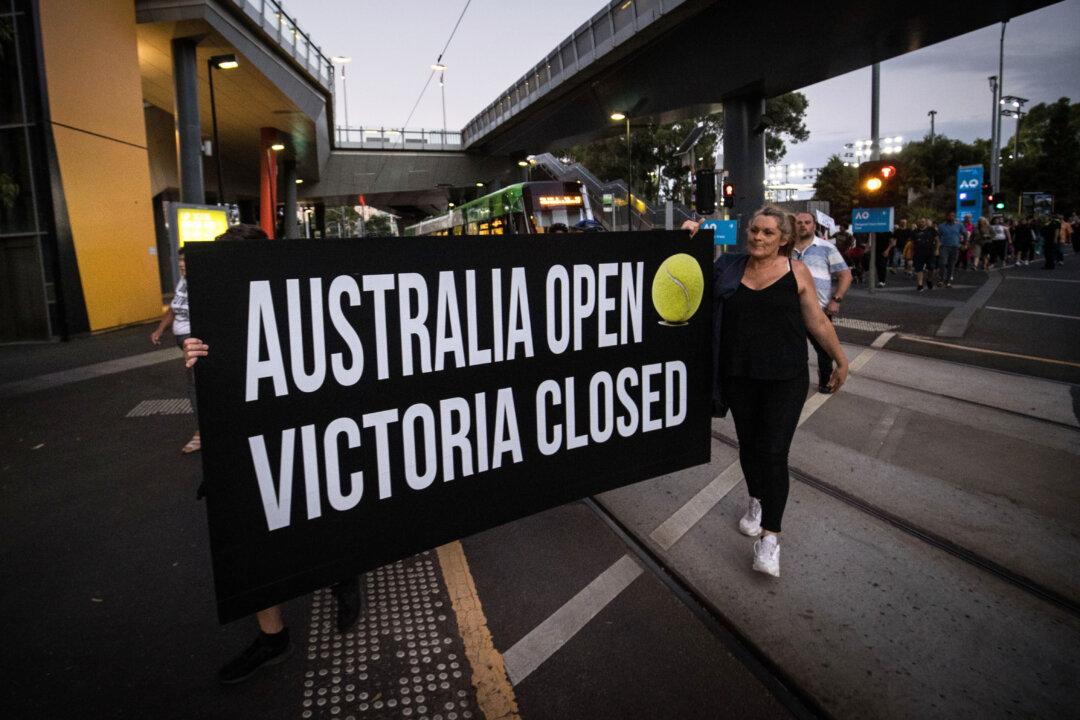Commentary
Gabriël A. Moens A.M. is emeritus professor of law at the University of Queensland. As he was confined to his home office, he discovered time to look at his previous works which go back about four decades.


Gabriël A. Moens A.M. is emeritus professor of law at the University of Queensland. As he was confined to his home office, he discovered time to look at his previous works which go back about four decades.